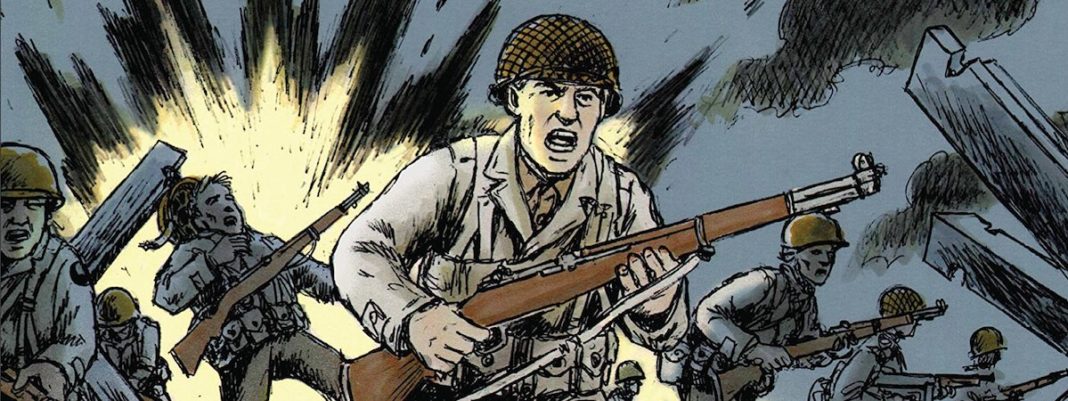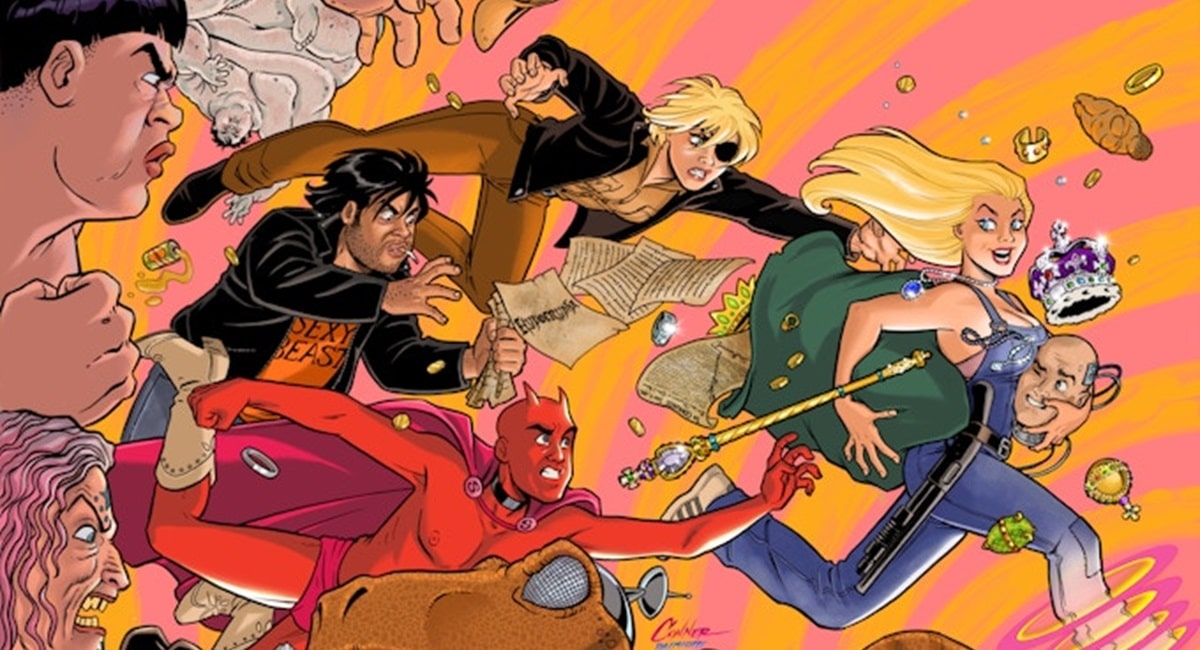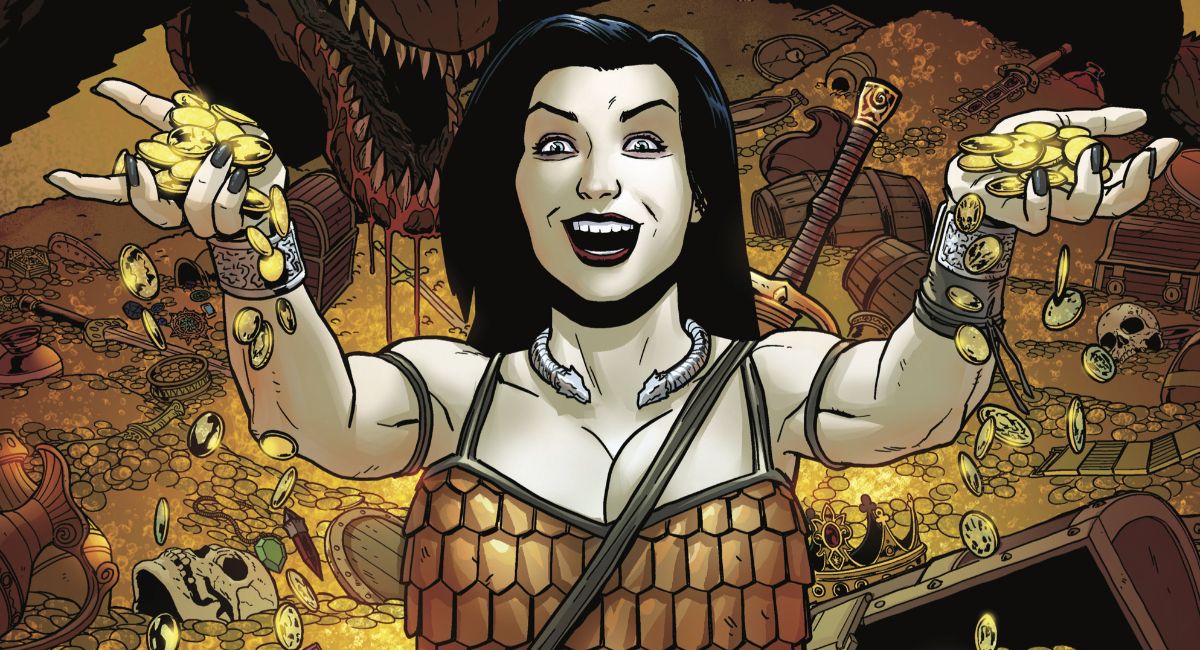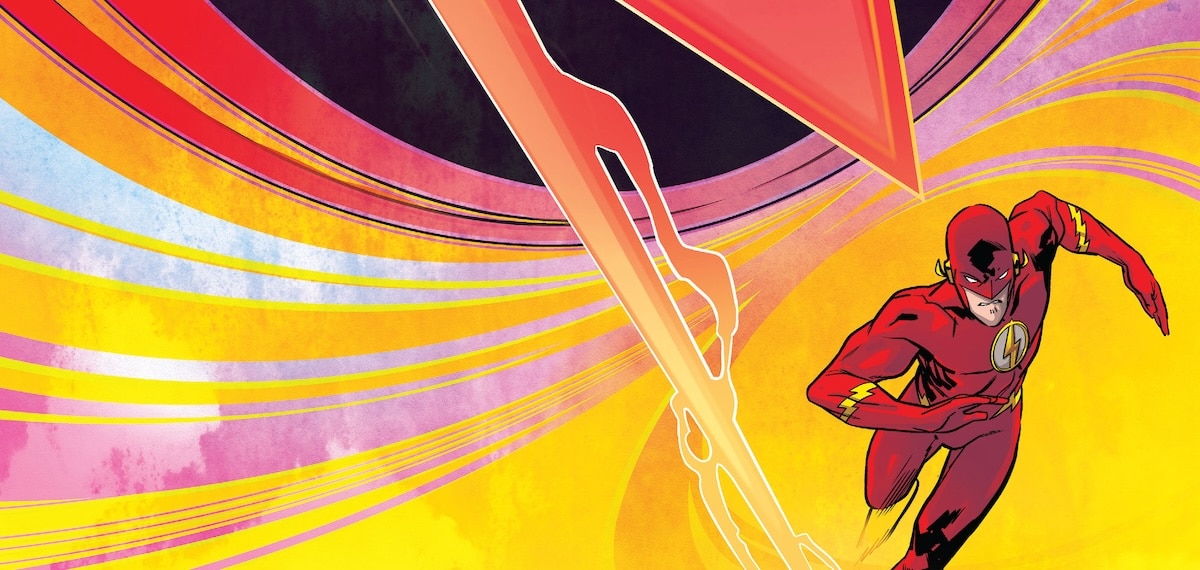By Amanda Steele
On Thursday afternoon at New York Comic Con, 2000AD’s Mike Molcher, Garth Ennis (The Boys), Wayne Vansant (Normandy), Gary Thompson (Dead Reckoning), and Alex de Campi (Bad Girls) gathered for the “When Comics Went to War, From Captain America to Battle Picture Weekly” panel. The focus was all about the history of war comics and how reality and fiction is often blurred when handling this subject manner in the medium of comics.
Ennis, Vansant, and de Campi have made careers out of telling stories about war in many different ways and with many different styles. All of the panelists noted that they started reading war comics for many years before they started creating them, and many were inspired by hearing stories of family members who had served in wars. They wanted to tell stories about war that went beyond the typical superhero tales.
One of the most interesting comments from the panel came from de Campi, who talked about the many ways war comics can be accessible to all kinds of writers. She noted that, “No work is apolitical, but you can find the human interest.” She explained how focusing in on the different human aspects of stories is where things get real and interesting.
When asked about why comics are a good medium to tell stories about war, Ennis responded, saying, “Comics are the perfect medium for any kind of story. We can do anything with them.”
The panel also got into a discussion about the importance of detail when telling war comics that are in the non-fiction category. Vansant talked about his process as a writer and how he uses reference books as well as models of tanks and planes for accuracy.
Another interesting part of the panel was when Ennis discussed how his favorite thing to focus on in war comics is “the heroism of endurance.” He noted that while many superhero comics with characters like Captain America are popular, they aren’t realistic. Stories that focus on the daily endurance of people who aren’t super can be just as impactful.
de Campi added onto this idea, saying that “coping with the consequences (of violence and trauma) can be a lot more effective…it ties into anything that happens to you as you’ve certainly experienced something terrifying or traumatic.”
Editor’s Note: The original version of this piece omitted moderator Mike Molcher and panelist Gary Thompson. It has been corrected to include their presence on the panel.







